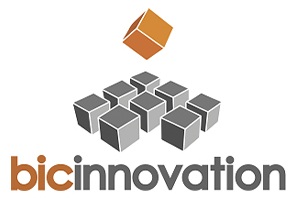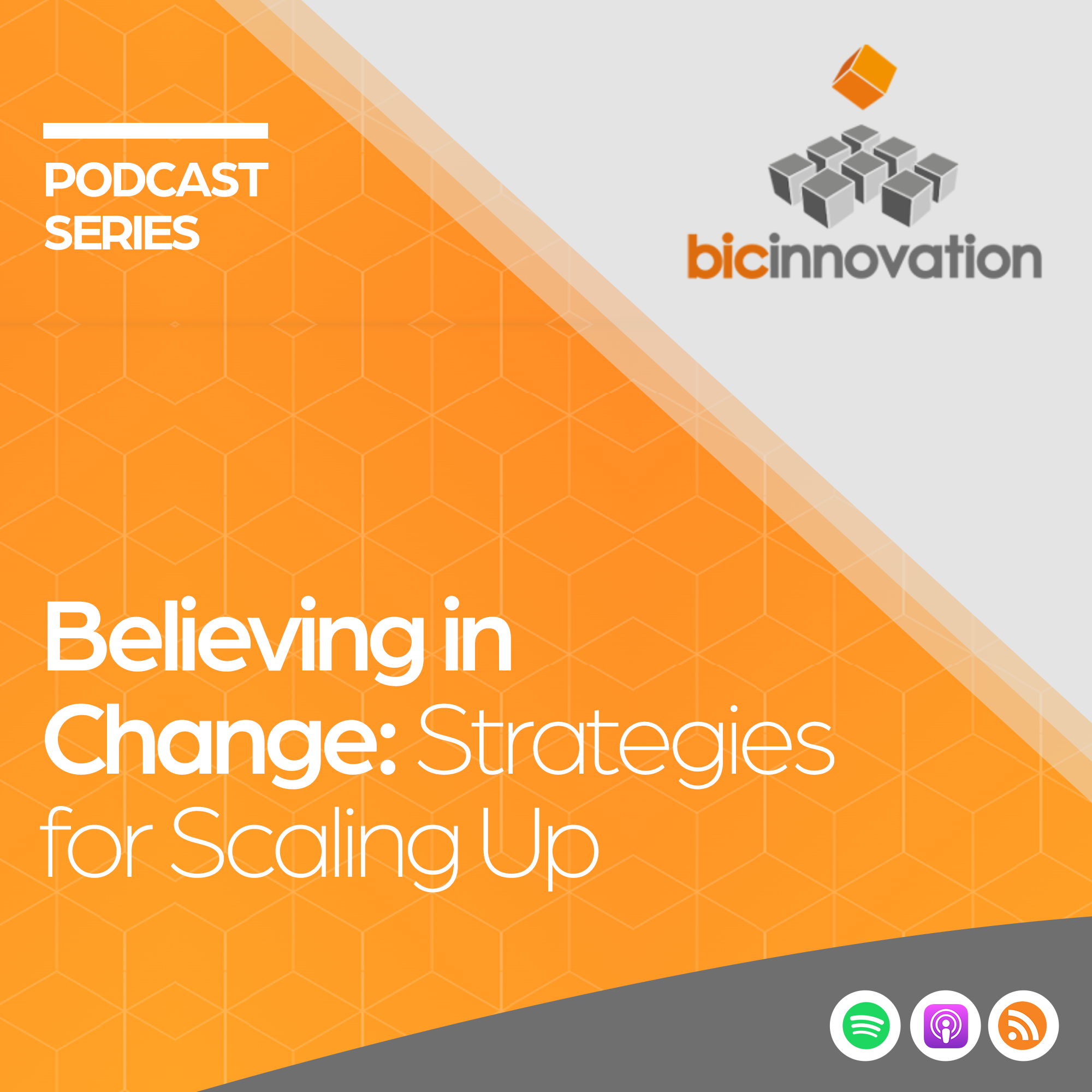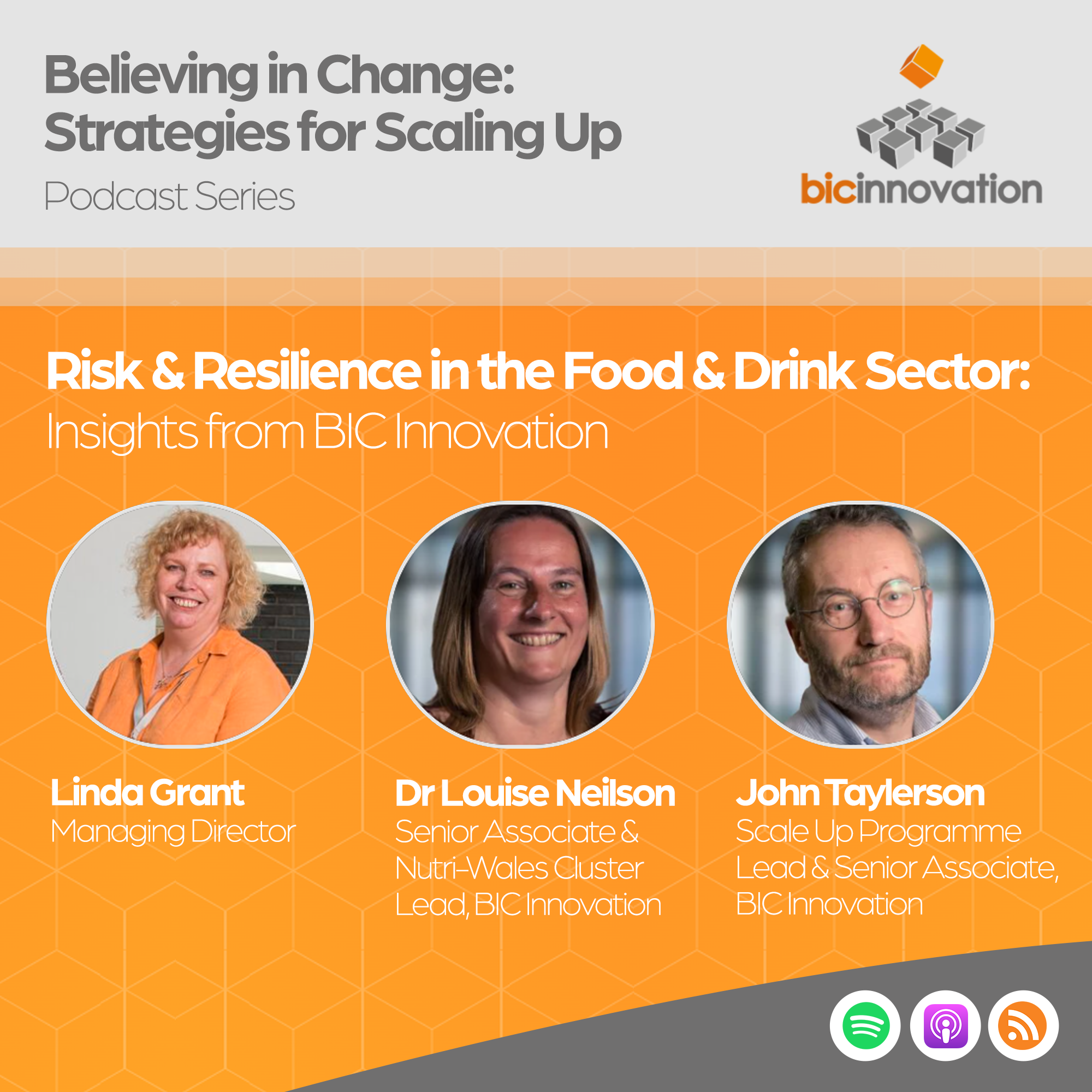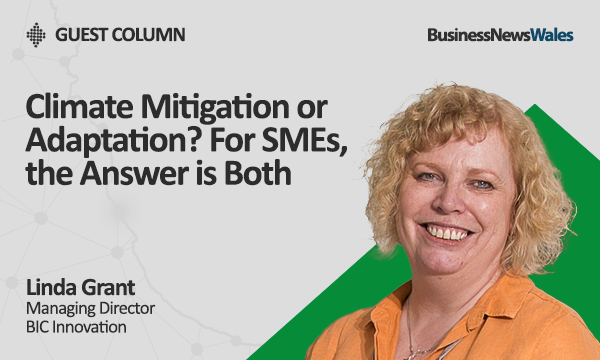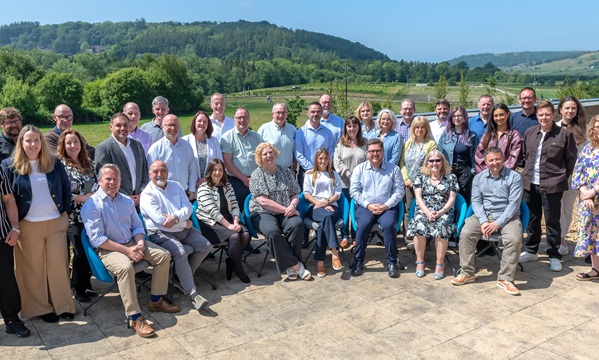
GUEST COLUMN:
Dr Rhian Hayward MBE
CEO
AberInnovation
Climate change may be a global issue, but the innovations that will help us adapt to it are often being developed much closer to home. At AberInnovation, we work with companies of all sizes, many of them SMEs, that are already bringing to market new technologies, products and services designed to address the impacts of climate change.
From AI in agriculture to seaweed bioplastics and alternative oils, innovation is happening right now. Some of it involves deploying known technologies in new ways. But much of it sits in that essential space of adaptation – creating the solutions that don’t yet exist, but which we know we will need in the years ahead.
Based at Aberystwyth University, AberInnovation is a UK Research and Innovation campus (BBSRC) and the only one of its kind in Wales. Our role is to bridge the gap between academic research and commercial development. That means supporting businesses, whether they are start-ups, scale-ups or established corporates, to access the equipment, expertise and pilot-scale facilities they need to bring new ideas to life.
We support innovation in areas including food security, sustainable agriculture and climate change mitigation. Our three specialist centres, covering biorefining, advanced analysis and future food, are designed to support industry in making the most of research and development. Whether it’s extracting valuable chemicals from waste, analysing biofuels, or exploring the properties of climate-resilient crops and foods, the work that takes place on our campus is already helping businesses to respond to the demands of net zero and environmental resilience.
Some of the companies we support are developing technologies for their own operations, often as part of a larger supply chain. Others are working on innovations with the potential to benefit whole sectors. A number of the businesses on our campus are still in their early stages – companies like Agxio, which is developing artificial intelligence tools to support decision-making in agriculture; PlantSea, which is working on seaweed-based bioplastics; and Sunbear Biofuture, which is using biotechnology to produce oils that can replace palm oil. These are all investable businesses with a commercial focus – and their aims are strongly aligned with climate resilience and sustainability.
Much of this innovation is underpinned by decades of academic research at Aberystwyth University. The university has a long track record in crop breeding, including the development of drought- and flood-resistant varieties and energy crops. That work is now being translated into market-ready products through commercial partnerships. It’s a good example of how research outputs can be released from universities and used to create practical solutions.
This is a key part of what we do at AberInnovation, helping to make academic knowledge accessible and usable, and ensuring that promising ideas can be tested, developed and scaled.
We also work to make our own facilities as accessible as possible, with public funding support in place to reduce barriers to entry. As a UKRI-backed campus, our mission includes supporting SMEs to innovate and grow – especially those who may not otherwise have the resources to engage in research and development.
What we often find is that the businesses who engage with us are those who have been able to set aside even a small amount of time or budget to think about the future. That’s not always easy, but it can pay dividends. There is more support available than many businesses realise, including public funding for activity that has wider environmental and societal benefits. It doesn’t always require a large upfront investment.
We also see our role as helping to signpost. Businesses who come to us don’t need to know exactly what they need or who to speak to. If there’s another university in Wales with the right expertise, or a programme being run by another organisation such as BIC Innovation, we’ll point people in that direction. The strength of the innovation ecosystem in Wales lies in its connectivity, and we want to be an open front door into that network.
The challenges of climate change are complex, and there’s no single answer. But there is reason to be optimistic. Across Wales, businesses and researchers are working together to create new ideas, solve old problems, and push the boundaries of what’s possible. And whether you're a large organisation seeking to adapt your processes or a small business with an idea that could make a big difference, innovation has a role to play.
The future technologies that will help us adapt to a changing climate are being developed now – and many of them are being developed here.
Dr Rhian Hayward talks about this and more in the BIC Innovation podcast episode Carbon, Climate and Sustainability – Building Resilience for SMEs. Listen to the podcast here.

